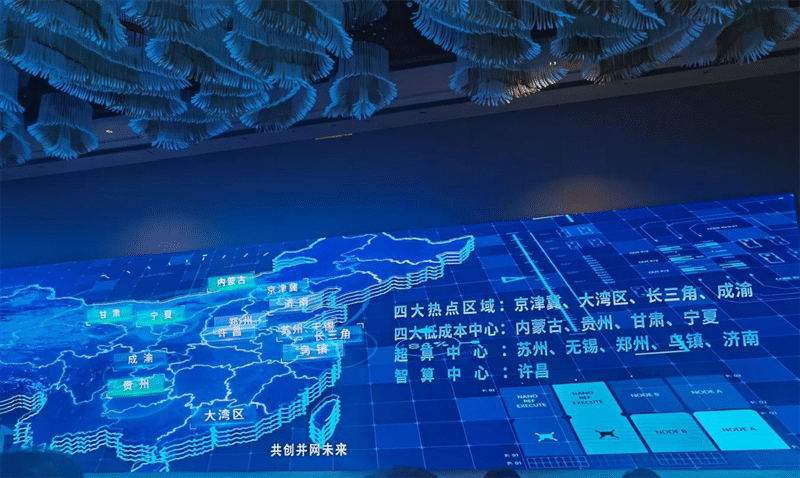In order to develop a Bay Area economy with global influence and competitiveness, the Greater Bay Area emphasizes the circulation of factors such as people flow, logistics, capital flow, and information flow. The first three types of circulation have been promoted in recent years through cross-border transportation infrastructure, employment and residence certificates, streamlined customs clearance procedures, negative lists for market access, and foreign exchange management facilitation. The interconnection of information flows depends on eliminating cross-border data barriers. Last year, the SAR Innovation and Technology Bureau and the Cyberspace Administration of China signed a memorandum of understanding, which brought a breakthrough in the cross-border flow of data in the Guangdong-Hong Kong-Macao Greater Bay Area. In order to further promote the development of the digital economy, a standard contract for the cross-border flow of personal information was further launched at the end of last year, which is expected to reduce the compliance costs of enterprises.
As early as 2016, the Guangdong Provincial Government had issued the "Big Data Development Action Plan" and issued another document in 2018 to deepen digital government reform and support the development of information flow in the Greater Bay Area. In addition to embarking on the development of international big data services and offshore data, the government also encourages market forces to mine public data. The government also mentioned establishing a data circulation supervision system, establishing a cross-departmental "data customs", studying and formulating data transaction and supervision rules, and implementing the country's legal requirements for cross-border data circulation.
The Hong Kong government also hopes to keep up with the information circulation trend in the Greater Bay Area. It will first carry out local data interoperability and will pilot the cross-border flow of data. To this end, the "One-stop" digital service digitizes all government services and centralizes electronic services on one website. In addition, the "Business Data Link" platform allows financial institutions and government departments to exchange data to promote financing for small and medium-sized enterprises. Hong Kong is also studying the adoption of the Mainland's "Eastern Counting and Western Counting" project. There is no need to establish a central database in the west. Data from the east will be processed, calculated and stored in the cloud, and the results will be transmitted to application areas. In the long run, the "use rather than build" approach will be adopted to build Hong Kong into a global data port.
Foreign governments have been driving the digital economy for many years and know the importance of first establishing a good cross-border data flow mechanism. To this end, the European Union proposed the concept of "data value chain" in 2014, planning to achieve multi-faceted development through open data, cloud computing, high-performance computing and open scientific knowledge. The public sector has begun to identify "high-value data sets" and upload the data to the pan-European data portal, hoping to use data as an innovative resource and take the lead in free data flow within the EU system.
The development of data flow is undoubtedly the general direction of global development. However, protecting data privacy and ensuring the transmission of sensitive data are also issues that need to be resolved. To this end, governments around the world will need to both assess the level of compliance in the places where data is received and encourage companies to implement self-regulatory measures. Some places implement strict user authorization and only allow cross-border data transfer under specific circumstances. Some regions have expanded the extraterritorial jurisdiction of local laws and mastered the management capabilities of cross-border data flows. In the development of the Greater Bay Area, Hong Kong must actively promote cooperation with Guangdong and Macau, let data circulation become the engine of technological innovation, generate new development opportunities that may not exist today, and unleash the huge potential of the Greater Bay Area.
Source:https://www.thinkhk.com/article/2024-02/06/61710.html



